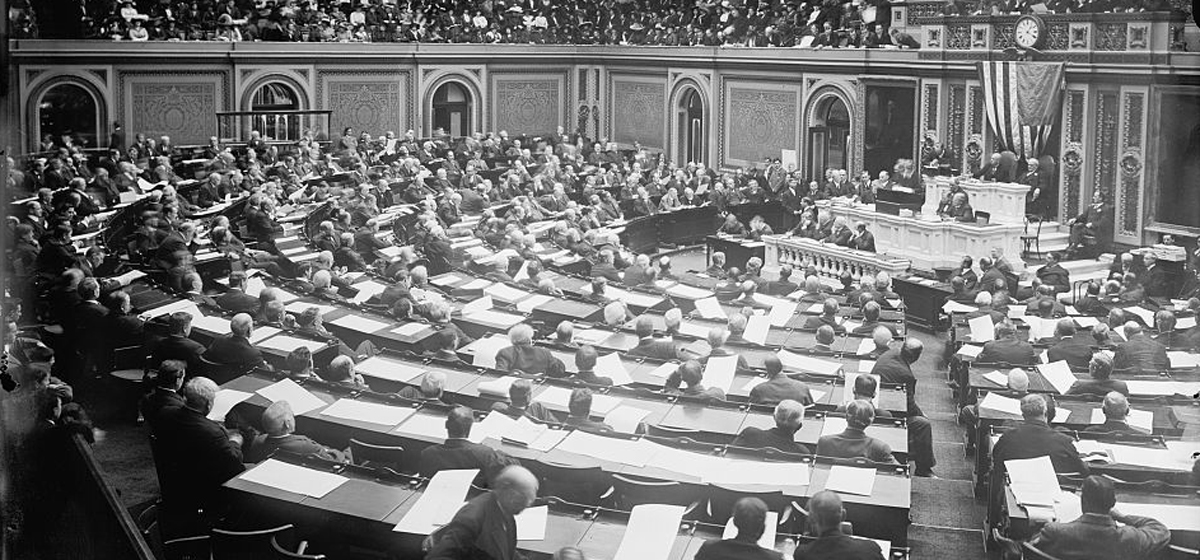News
About Save The Electoral College
Save the Electoral College is dedicated to the education and preservation of the Electoral College and its importance to the relationship between the people and the states that create the United States of America.
Latest News
Colorado OKs joining national popular vote
25 February 2019
Reevaluating the Electoral College
25 February 2019


